It’s a complex paradox here as what was initially viewed as a positive is set to have an unexpected effect on workers in California.
While the recent hike in minimum wages was widely celebrated, it’s set to lead to mass layoffs as companies try to cut their costs and keep their books balanced amidst the increased cost of production that accompanies such wage hikes.
How Did We Get Here?
Last September, California Gov. Gavin Newsom signed the minimum wage bill into law. That led to a 25% hike in the state minimum wage from $16 to $20. The bill, Assembly Bill 1228, applies to franchises with over 60 locations however bakeries are exempted.
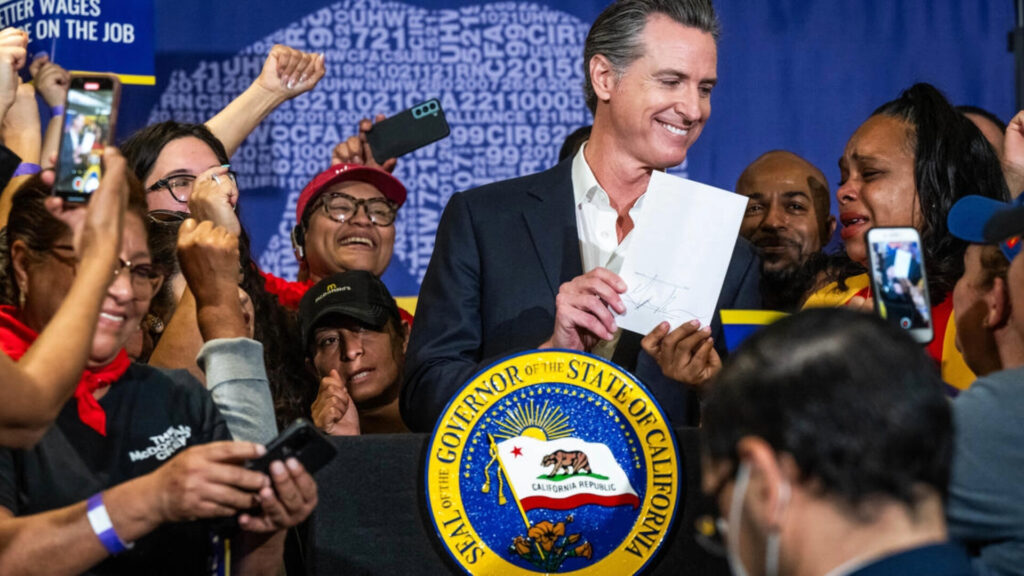
The bill also led to the formation of the Fast Food Council. The body is licensed to raise minimum wages yearly by up to 3.5%, based on inflation. It will also advise on health and safety standards for fast-food workers and fight issues like wage theft.
Business Owners Oppose AB 1228
AB 1228 represents a collaboration among state legislators, labor unions, and franchise owners after a prolonged dispute over increasing wages for local fast-food workers.

Initially, business owners disagreed with the proposed $22 per hour wage and raised $71.8 million, $50 million of which were loans from major corporations, to oppose the law.
IWC Receives Funding From Democrats
In response, labor unions backed legislation that would have required fast-food corporations to share responsibility for labor violations with franchise owners. Additionally, Democratic lawmakers allocated funding to the Industrial Welfare Commission for the first time in nearly two decades.
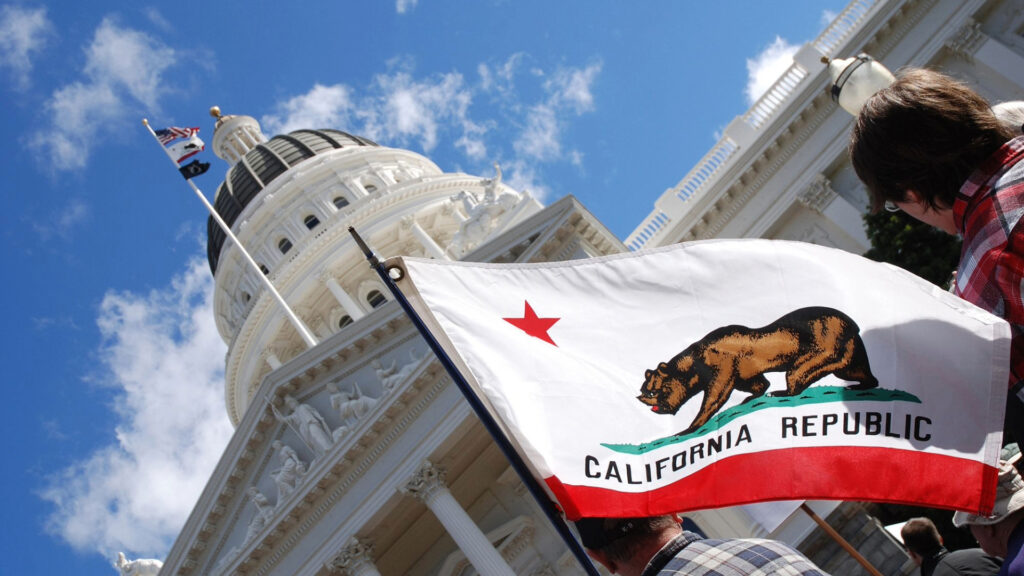
Established in 1913, the IWC has the authority to establish wage and workplace standards across various industries.
Controversy Surrounds California’s New Employment Bill
The bill officially came into effect on April 1 and has sparked widespread debate in recent weeks as employees grapple to adapt while workers celebrate their pay rise. But media evidence suggests they might not be celebrating for long.
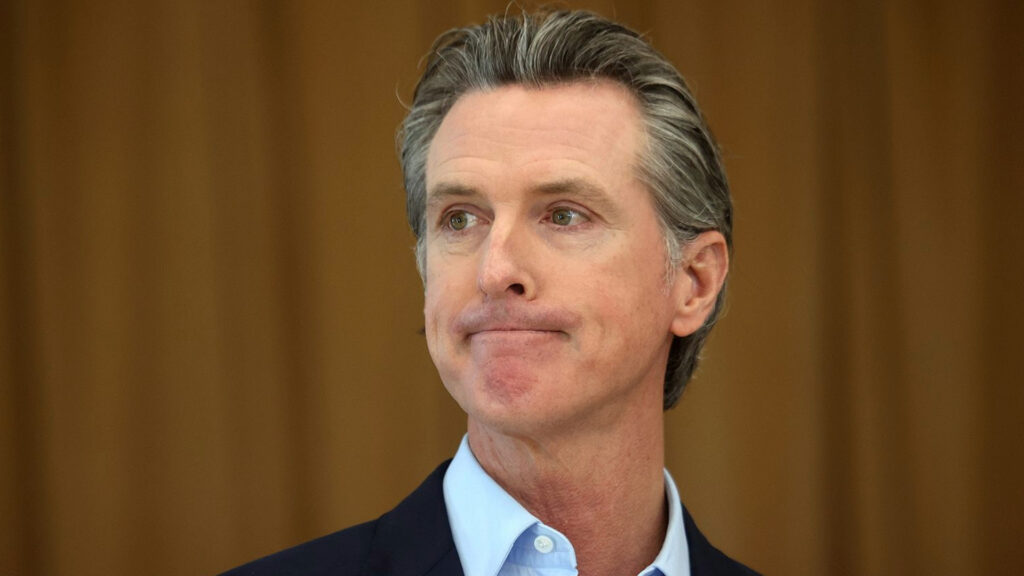
The ripple effects of the bill will hit small business owners the hardest. California’s 5.3% is already had the country’s highest unemployment rate—much lower than the national average of 3.9%—and it’s almost inevitable that the change will increase that figure.
Pizza Chains Slash Jobs
The backlash from AB 1228—hailed as “extraordinarily beneficial” by Gov. Gavin Newsom—has only intensified as fast food chains scramble to cope with bigger paychecks.
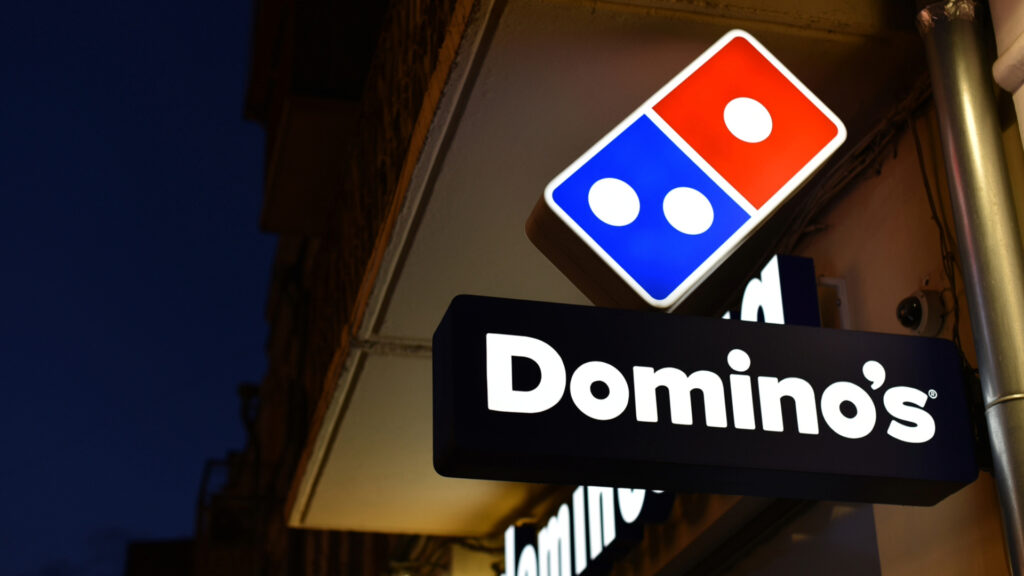
Pizza chains like Pizza Hut and Round Table Pizza got underway by cutting about 1,280 this year, per a Wall Street Journal report.
Restaurant Workforce Shrinks Amid Cuts
Southern California Pizza Co. announced dismissals of around 841 drives across the state back in December. With larger-scale restaurants leading the way, smaller ones have followed suit.

Two Vitality Bowls restaurants based in San Jose are facing the heat just as much. The restaurant’s owner, Brian Hom said in an interview that he is “definitely not going to hire anymore.”
Tough Decisions Lie Ahead
He mentioned that the minimum-wage mandate will result in extra costs of around $100,000 across both of his stores. To compensate for the wage increases, he’s increased store prices by 5%–10% and paused hiring new employees.
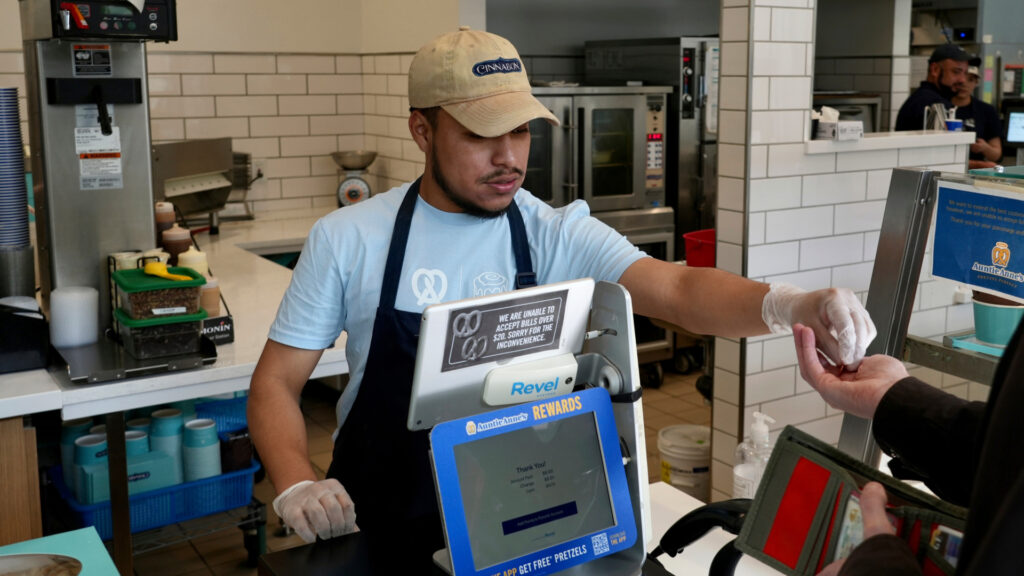
The performance of the business moving forward will also determine if he will cut down shifts from three to four employees to two—or worse off, laying off workers.
Concern For Small Businesses
Hom explained that his stores are not corporate and he hires his wife, sons, and daughter-in-law. He also mentioned that lots of owners are people of color and immigrants who invested their money in their businesses to support their families.

“I’m all for increasing wages,” Hom said. “But I’m concerned with small businesses like myself being able to sustain keeping the business open.”
Customers To Feel The Heat Too
Scott Rodrick, the owner of 18 McDonald’s restaurants in Northern California said in an interview with CNN that he had to to increase menu prices to cope with the minimum wage hike.
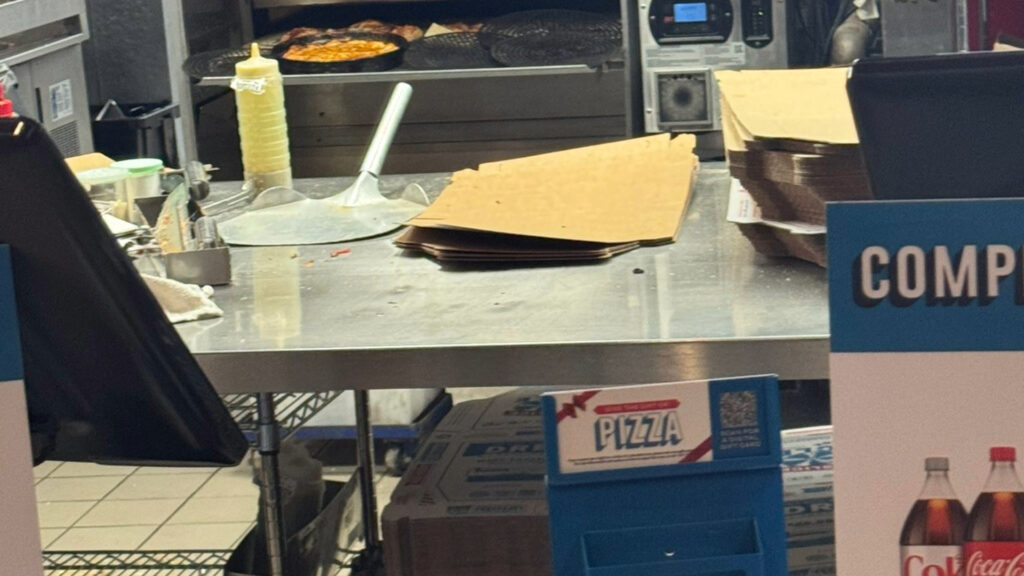
“We have looked at price, although I can’t charge $20 for a Happy Meal,” he said. “My customers’ appetite to absorb menu-board prices is not unlimited.” The new price is almost three times more than the current cost of a hamburger Happy Meal at a McDonald’s in Sacramento, California.
Cutting Renovations To Cope with Minimum Wage
Rodrick also mentioned his intentions to pass on some of the wage increase costs to customers. He also stated that, for now, he has hit pause on expensive upgrades such as renovating dining areas and purchasing new grills.

“I’ve got to look at every option for business survivability. I’ve got to be aggressive in seeking labor-efficient growth,” he said. “I’m going to have to explore more digital and delivery avenues. I’m going to obviously have to make, like any smaller-business owner, harder choices around big capital expenditures.”
Minimum Wage Hike ‘Totally Unfair’
Harris Liu, who owns 21 McDonald’s restaurants in Sacramento also tagged the minimum-wage requirement as “totally unfair” to businesses statewide.
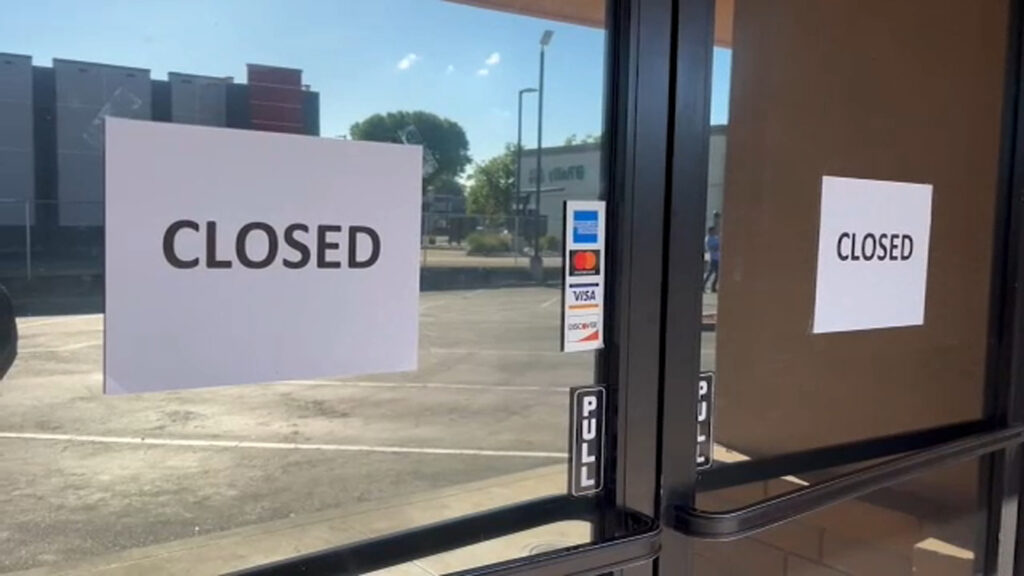
“This is really hitting family-owned businesses,” Liu said. “You have to be a larger business to survive this kind of environment. If I were a one- or two-unit franchisee, I don’t know if I would be able to make it. Even as it stands, I’m not sure I’m going to make it long-term.”
Employees Celebrate, Employers Grapple To Stay Afloat
Other businesses are taking extra steps, like adding more digital kiosks, expanding to other states, reducing employee hours, closing stores during slower times, and not hiring more staff.
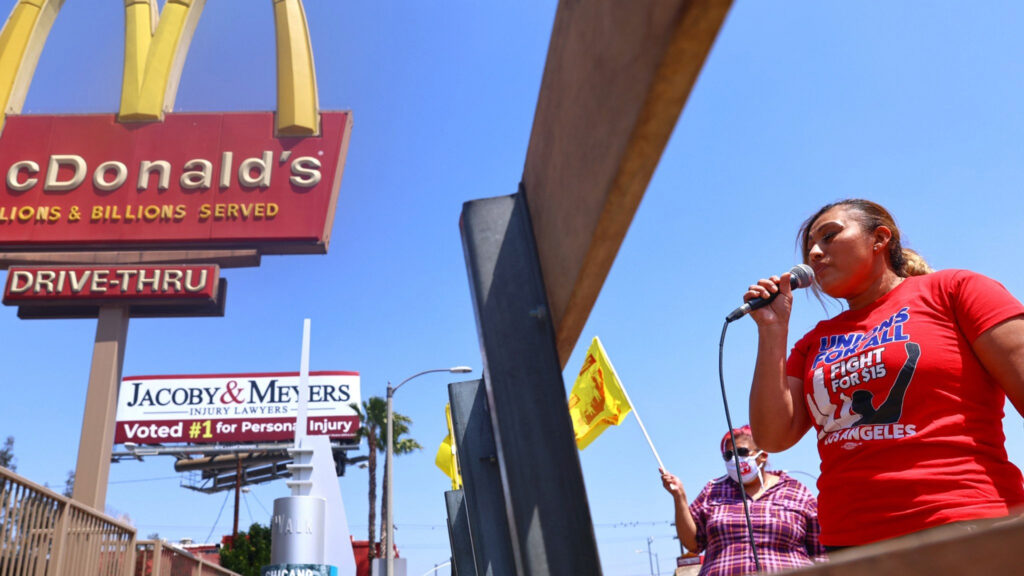
Meanwhile, for fast-food workers who are still gainfully employed, the law has given them a reason to celebrate. The higher pay gives them more flexibility and the chance to work fewer jobs, both in and out of the fast-food industry.
Owners To Resort To Technology To Cut Down Costs
Franchise owners will use technology to cut down on the need for workers who do repetitive tasks. This tech will help restaurants stay productive and efficient with fewer employees. Companies are already using software to automate kitchen tasks like order routing, timing, and reporting.
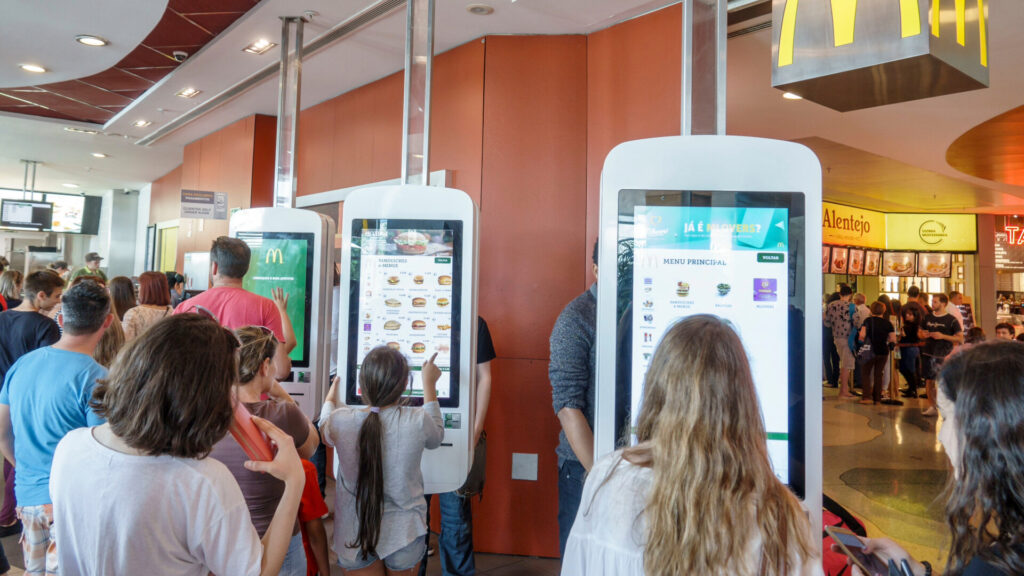
Chipotle has partnered with Vebu Labs on a robot that can prepare avocados, called the Autocado, and is testing a chip-making robot from Miso Robotics. In 2021, Domino’s Pizza introduced autonomous delivery in Houston, Texas, following a trial in Ann Arbor, Michigan, back in 2017.
Law Might Speed Up Automation Plans
“There is still so much for our brand to learn about the autonomous delivery space,” said Dennis Maloney, Domino’s senior vice president and chief innovation officer at the time. “This program will allow us to better understand how customers respond to the deliveries, how they interact with the robot, and how it affects store operations.”
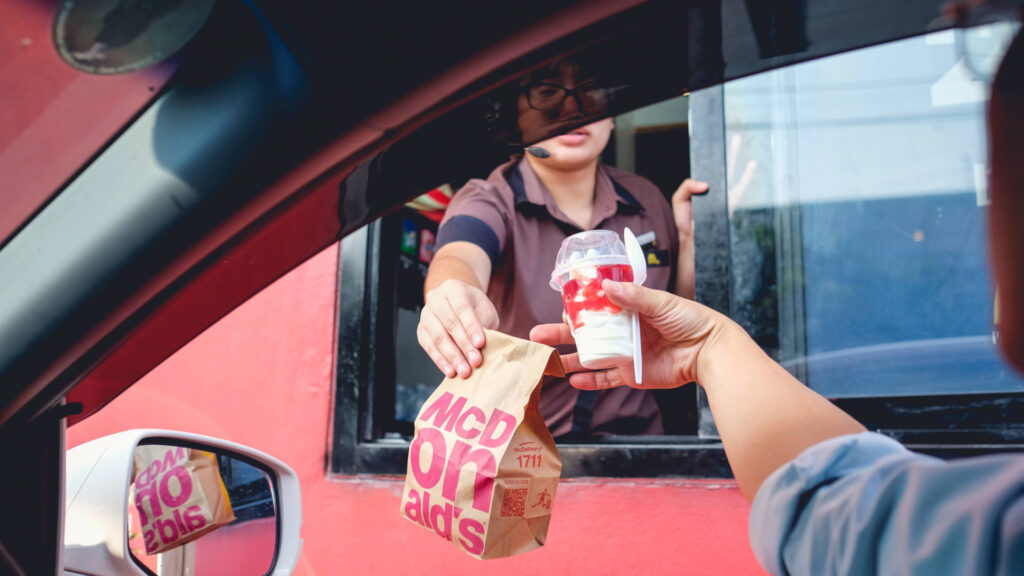
He also spoke of the fact that increased demand for “great-tasting pizza creates the need for more deliveries,” and that the company will explore autonomous delivery options that “can work along with Domino’s existing delivery experts to better support the customers’ needs.” Last year, Robotics integrator RobotLAB launched a franchising program to help businesses incorporate robotics solutions
Newsom Calls AB1228 A Big Deal
Newsom called AB 1228 “a big deal” and evidence that the “ future happens [in California] first.” Critics argued the bill would substitute workers with self-checkouts and “robot cooks.” Judging from current evidence, that claim may not be too far-fetched or too far into the future.
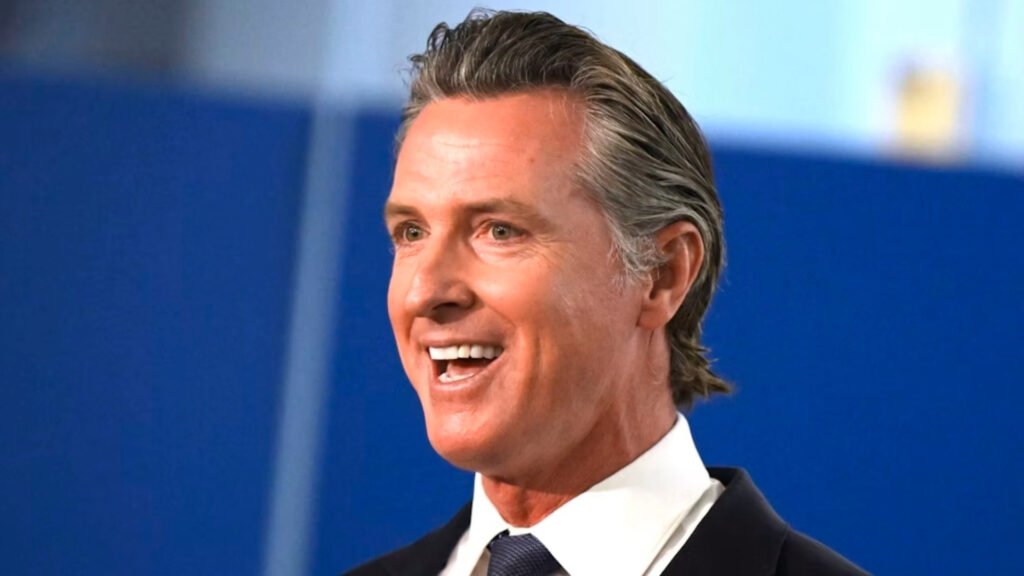
“Nearly everyone will be worse off: higher prices, fewer jobs, fewer eating options as places close, and fewer small businesses,” Doug LaMalfa(R-Calif.) said. “Ultimately this new $20 minimum wage will affect nearly every job, with similar results.”
A Different Opinion
Alí Bustamante, deputy director of Worker Power and Economic Security at the Roosevelt Institute, isn’t moved by the uproar. He’s of the opinion that fast-food companies don’t necessarily need to go through these concerted efforts to cope with the changes.
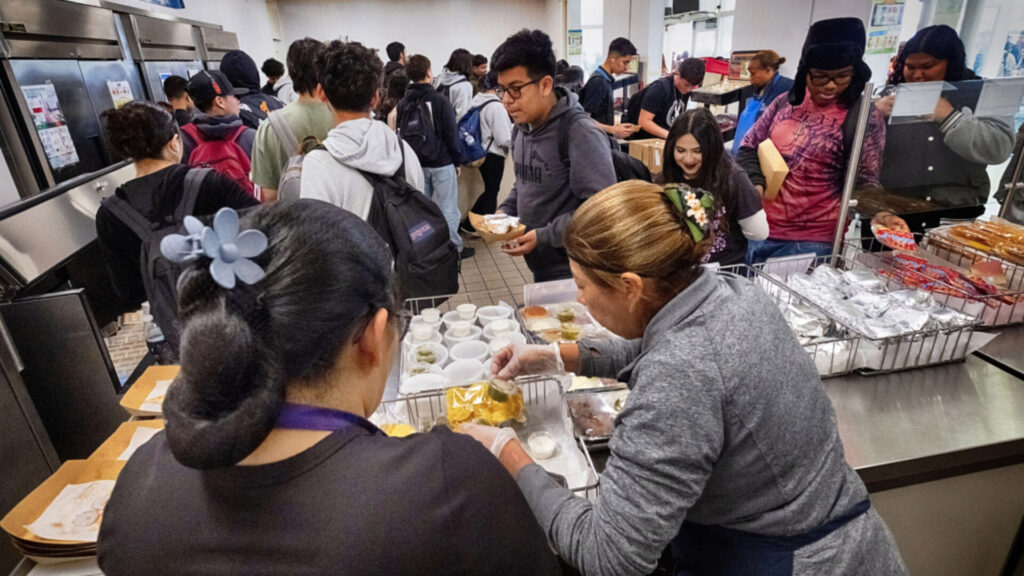
“California businesses can absorb this increase in the minimum wage without increasing prices and without having to impact employment in any kind of negative way,” he said in a Monday press conference.
Fast-Food Businesses Are Already Raising Prices
Fast-food businesses have been raising prices for around ten years, according to Bustamante, and they’ve been doing it much faster than other industries. A report from the Roosevelt Institute in March found that fast-food prices went up by 46.8% from 2014 to 2023, compared to the overall average increase of 28.7% for goods.

The report also found that in 2023, the ten largest publicly traded fast-food companies spent $6.1 billion on buying back shares to give money back to investors. The Roosevelt Institute estimated that the maximum cost to raise wages for all fast-food workers in the state would be $4.6 billion.
Are Fast Food Companies Over Exaggerating
The increase in minimum wage probably won’t affect fast-food companies as much as they think. In some California cities, the minimum wage is already higher than the state-mandated $16. In Los Angeles, it’s $16.90 per hour, and in San Francisco, it’s $18.07. This means many workers in those areas won’t see a 25% wage increase.
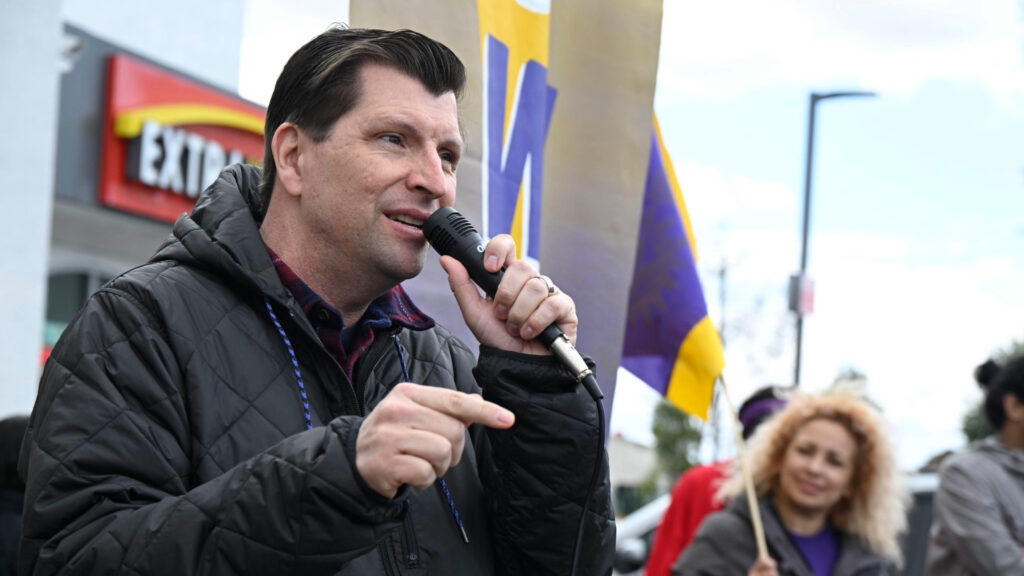
“They’ve already developed this buffer,” Bustamante said. “They’ve already basically developed these unnecessary price hikes in the past that allow them to now either be able to actually absorb higher operating costs without actually necessitating increases in prices or impacting labor in any negative way.”





GIPHY App Key not set. Please check settings